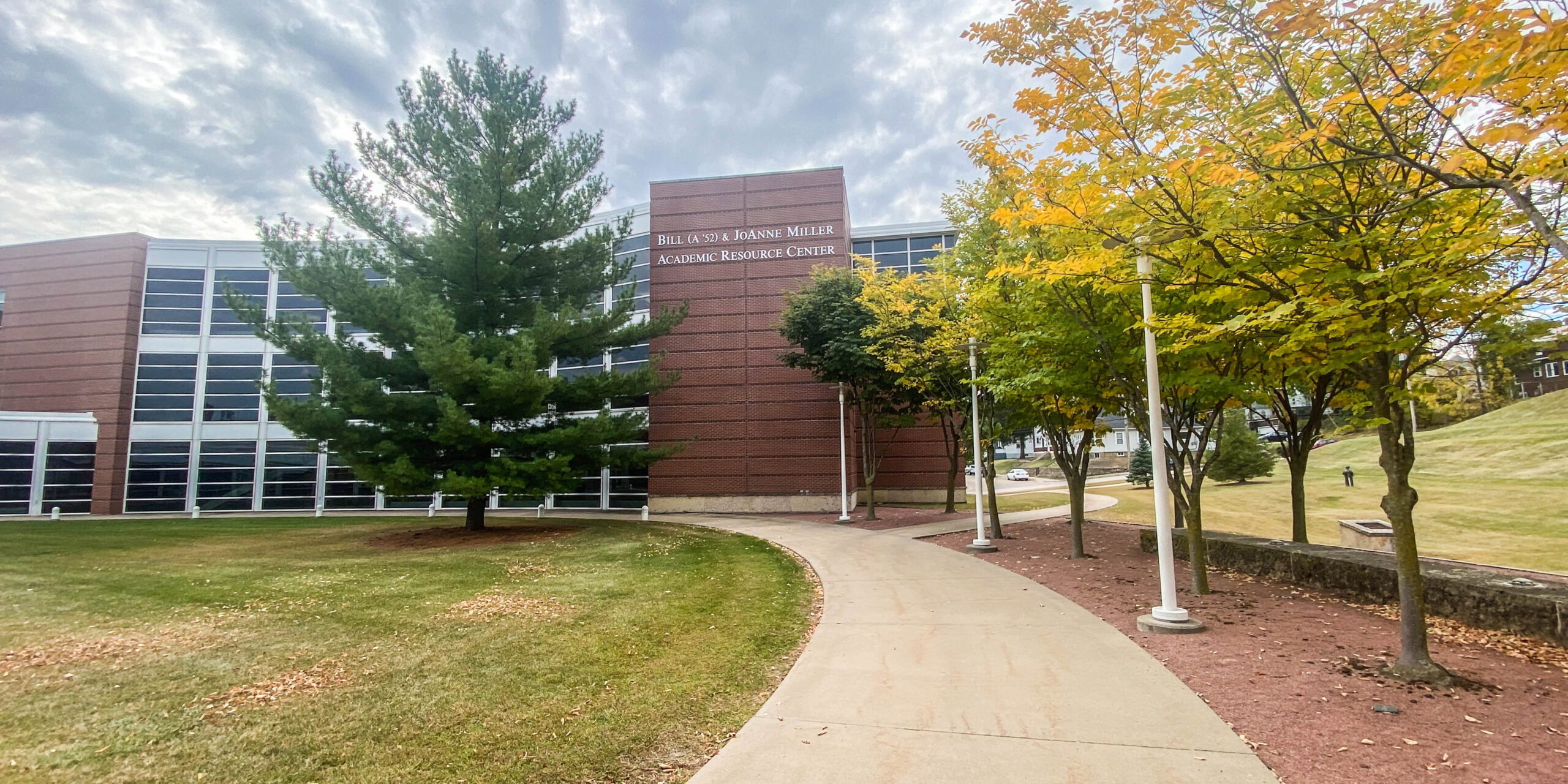By Sarah Cassella, PhD, Associate Professor of Neuroscience
As we learn more about the brain, we update our understanding and, in some cases, our terms. I have come to appreciate that there might be some confusion regarding “mental” vs. “brain” health terminology. Everything that is our “mind,” or “mental,” is born from the biochemical and cellular happenings of the neurons in our brains. Therefore, it’s accurate to refer to healthy and abnormal behaviors as reflections of our brain’s health. This understanding has not always existed, but at this time in history, it’s an undeniable truth.
For example, consider the discovery of a common brain disorder — Alzheimer’s disease. It was a little over 100 years ago when Dr. Alzheimer first linked the symptoms of Alzheimer’s disease to a physical abnormality. Prior to that, I suppose folks were referring to the behavioral symptoms of Alzheimer’s as mental illness. Thanks to the technological advances at the time, scientists discovered a clear physiological link between abnormal behavior and plaques and tangles in the brain. Researchers continue to learn about the cellular and molecular dysfunction in this, and other diseases, as tools improve.
All to say, for psychiatric diagnoses that one might write off as only “mental,” it could be that the tools don’t exist yet for us to identify the single physiological root. It seems, however, the general public is mostly unaware that abnormal behavior is the result of abnormal brain physiology, or illness. Thousands of studies in the field of neuroscience (consult pubmed.gov) have clearly demonstrated this connection. Schizophrenia, for example, is associated with specific gene mutations, anatomical changes and alterations in the structures of the neurons impacting their ability to communicate. Further, when scientists have imposed these alterations on mice or rats, the rodents exhibit psychiatric-relevant behaviors. One hundred years from now, with advances in brain imaging and other technologies, we will have a better understanding of the specific neurobiological dysfunctions causing psychiatric behavioral symptoms.
The science is clear that all psychiatric diagnoses are a result of problematic changes in the brain — or deviations from a healthy brain. When someone questions the indivisibility of psychological states and the physiological activity in the neurons of the brain, I start by asking, “Where else would this psychological state be coming from?” All psychiatric disease does, in fact, start at the biological level, whether it be a misfolded protein or not enough neurotransmitters causing problems in neuronal communication.
The health and activity of our brains are directly related to our behaviors — brain health and psychiatric disease are one in the same. I’m confident that public outreach and education on this issue will result in important changes to policy, health insurance and more — getting help to people who need it.
I love teaching about this in a variety of courses at Loras and am always delighted to chat about it with interested individuals. Reach out to connect, or visit www.brainhealth-now.org for more.
Cassella, PhD, is an associate professor of neuroscience at Loras College, where she teaches courses in neurobiology and researches the effect of stress on the brain. She earned her PhD in neuroscience in 2015 from the University of Cincinnati, where she studied the impact of chronic stress on a Parkinson’s Disease rat model. She also serves as the president of Nu Rho Psi, the only honor society for neuroscience.




